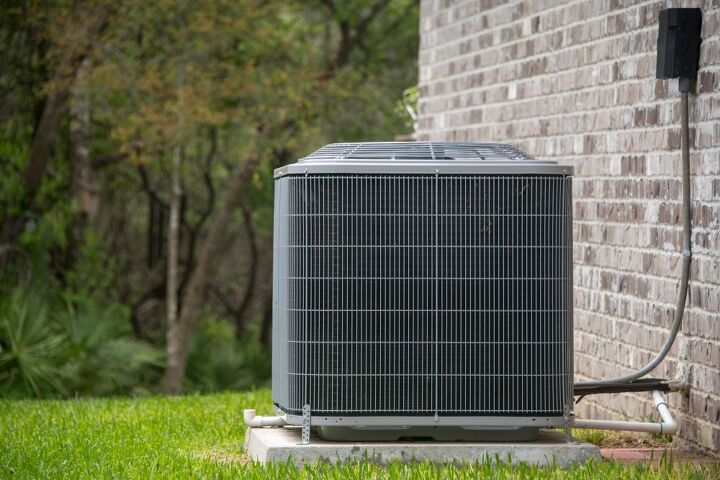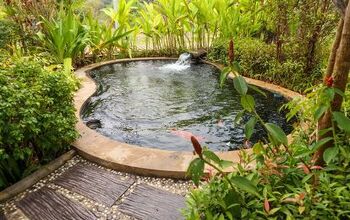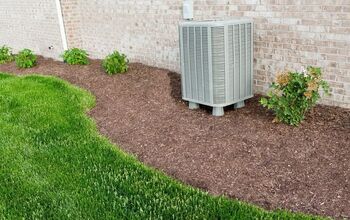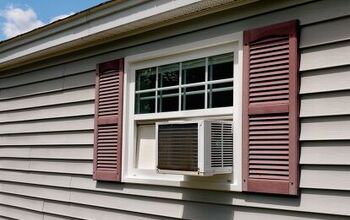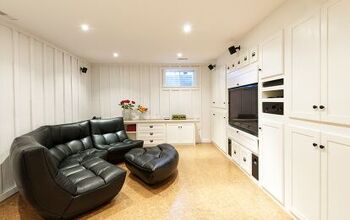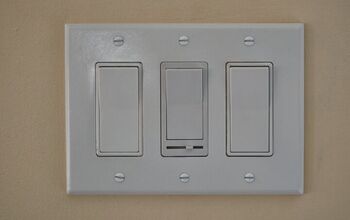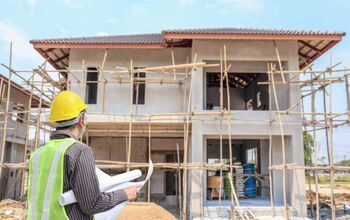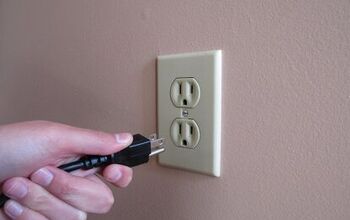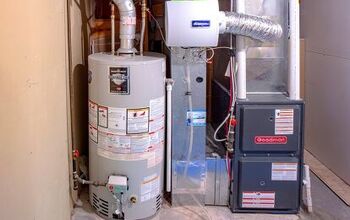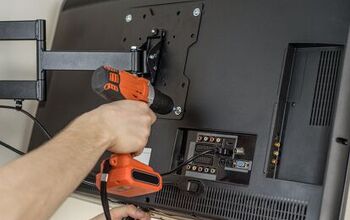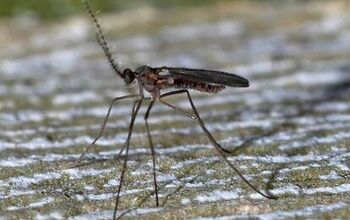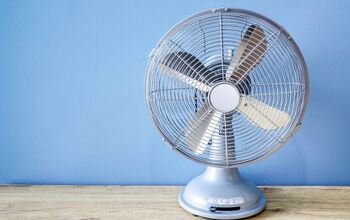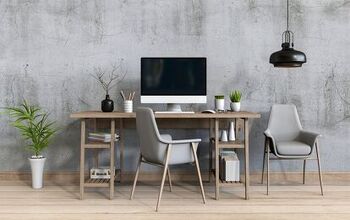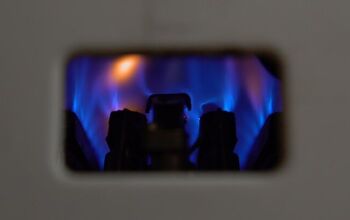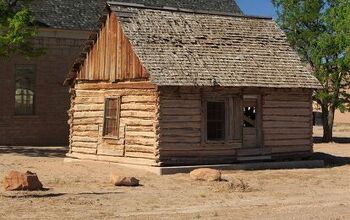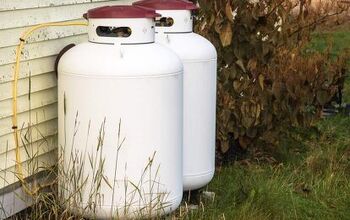Why Are Air Conditioners So Expensive? (Find Out Now!)

Depending on where you live, a functioning air conditioner can either be a convenient feature or an absolute necessity. Whatever the case, it’s important to know what to look for when buying one for your home.
Air conditioners are often a more costly purchase for your home because they are a long-term investment. The main aspects that factor into the overall cost of your air conditioning unit include it’s efficiency rating, cooling capacity, installation costs, and if you decide to include any additional features for your system.
Let’s take a closer look at what goes into buying an air conditioner, so you know what to look for when it comes time to buy one.
Air Conditioner Cost Factors
Energy Efficiency
When purchasing an air conditioner, the very first thing you should look at is its energy efficiency. The efficiency of an air conditioner is measured by its SEER (Seasonal Energy Efficiency Ratio) rating.
These ratings range from 13 to 22, with higher ratings equating to better energy efficiency. However, higher ratings will also mean higher prices.
While this higher price tag may deter you from getting an AC unit with a high SEER rating, it’s important to remember these more efficient units will help you save on your monthly energy bills. In fact, high SEER-rated units can save you thousands of dollars over the life of the air conditioner. In many cases, it will end up paying for itself.
Unit Size
As you may have inferred, bigger air conditioners will inevitably cost more. One thing to note when it comes to AC units, however, is that its “size” doesn’t necessarily mean the dimensions of the unit itself.
Instead, it refers to the cooling capacity, which is how quickly the air conditioner can cool the space in an hour. This value is expressed in tons. When it comes to the tonnage value of your air conditioner, bigger is not always better. It’s important to find the perfect fit for your unique space. If it is…
- Too small, it will be working overtime to try to keep your home cool. This means it will never not be running, which will waste energy and cost you money. Even a centrally placed unit that is too small won’t efficiently cool your home.
- Too large, it will cool your home and shut down very quickly. At first, this may seem like a good thing, but this short cycling will use more power to turn your AC on over and over again instead of letting it run a full cooling cycle. Plus, this will cause extra wear and tear on your system.
Installation Costs
Depending on where you live, what type of AC unit you purchase, and the contractors you hire to install it. When it comes to choosing a local HVAC company for your AC installation, don’t simply choose the cheapest one. This can result in a shoddy job that will cost you more down the road.
Instead, you should look for professionals with years of experience, a good reputation, maintenance services, and protective warranties. Many companies will also provide a free consultation, so you can get a better idea of how much you’ll be paying.
Features and Add-Ons
Air conditioners aren’t as straightforward as they used to be. Today, there are plenty of specialized features you can look for to ensure your AC unit better suits your home and saves you money, too. The addition of these features will end up making your unit cost more. These include:
- Smart thermostats
- Specialized fan blades
- Extra insulations
- Maintenance notifications
- Multiple fan-speed settings
- Air purification features
…and more!
Common Types of Air Conditioners
There are countless types of air conditioners from which you can choose for your home. Each come with their own unique advantages and drawbacks depending on where you live and the size and shape of your home, too. This list is not exhaustive, but it’s a good place to start when shopping for your new air conditioner.
Window Air Conditioners
Window AC units come in all shapes and sizes, typically ranging in price from $150 to $500. A window air conditioner will have all its working parts inside the unit itself and functions by blowing cool air into the home while ejecting hot air out.
As the name suggests, they are installed in the window. They are best suited for cooling a single room. That said, larger window units may be able to cool a small home effectively, depending on the floorplan.
Pros:
- Cost-effective, easy to install, and low-maintenance
- Don’t take up space inside your home.
Cons:
- Can be noisy and disruptive when operating.
- Are visible from the outside and will obscure your view from the window.
Portable Air Conditioners
Portable air conditioners are similar to window units in that they have all their parts inside the single unit. The difference lies in the fact that they are free-standing, so you can move them from room to room. Generally, these units cost between $250 to $500 on average. There are two main types of portable AC units: single-hose and double-hose.
Single-hose units will take air from inside the room and expel it outdoors to cool the space. Dual-hose units will pull air in from outside using one hose and exhaust air outdoors through the other.
Pros:
- Very simple to setup and move around depending on what room needs cooling.
- Do not require permanent installation and can be stored when no longer needed.
Cons:
- Is not effective when cooling larger rooms.
- Must be placed near a window if it has a hose, which will obstruct the view.
Central Air Conditioners
Central air conditioners are among the most common options for mid-size to large homes with multiple rooms that need to be cooled. On average, they cost between $3,000 to $7,400, installation included. This type of air conditioner uses a ducted system to distribute air throughout your home.
These units are comprised of an outdoor unit, which has a condenser and compressor, and an indoor unit with evaporator coils and air handler. They also have a refrigerant to remove any heat from inside your home.
Pros:
- Creates a regulated cool environment throughout your home.
- Reduces humidity throughout your space.
Cons:
- Consumes a lot of energy on a day-to-day basis.
- Outdoor units can be unsightly and take away from curb appeal.
Ductless Mini-Split Air Conditioners
Typically, you can expect to pay between $3,200 and $10,500 to install a three-zone mini-split air conditioning unit. These types of ductless systems feature an outdoor unit with a compressor and condenser. They also will have one or more compact indoor units that are mounted to the wall and have air blowers.
These two units are connected through tubing instead of using the air ducts. To control airflow, you will need a remote control unless you pair it with smart technology. Since each room gets its own unit, this air conditioning is more expensive upfront, but it can also be more energy-efficient over time.
Pros:
- Can be installed virtually anywhere.
- Offers independent control over every room in your home.
Cons:
- A single-zone unit will not be enough to cool an entire large home, so you will need to buy more.
- Indoor units are floor- or wall-mounted, which takes away from your interior aesthetic.
Hybrid/Dual Fuel Air Conditioners
Hybrid systems will combine a gas furnace and an electric heat pump to deliver cost-effective cooling for your home. The system will automatically switch between burning fossil fuels and using electricity depending on what the temperature is like outside. They typically cost between $6,000 and $12,000, including installation.
Pros:
- Saves energy overtime.
- Helps lower your carbon footprint on the planet.
Cons:
- Initial setup is expensive.
- Best used in more mild temperatures, not extreme heat.
Geothermal Air Conditioners
Geothermal AC units are newer alternatives that work by using the earth for insulation. All year long, the temperature about four to six feet underground remain constant. These air conditioners take advantage of that consistency to cool your home more efficiently.
It does this by circulating water between your home, a pump, and the ground. This requires intensive work to set up and install. As such, they are much more expensive than other options, ranging from $18,000 to $30,000.
Pros:
- Extremely energy-efficient, which will save you money over time.
- Has a relatively long lifespan, ranging from 20 to 25 years.
Cons:
- Installation can be challenging depending on how property.
- Setup and installation is much more expensive than other AC options.
Related Questions
What are some of the most common problems that occur with air conditioners?
Even the best AC units will fail you at one point or another. Some of the most common issues people face include the unit constantly running, not turning on at all, or blowing hot air. Other issues include refrigerant or water leaks, circuit breaker trips, strange odors, weird noises, and more.
What size air conditioner should I get for a 2,000 square foot home?
Typically, you will want a 3-ton air conditioner for a home ranging from 2,000 to 2,500 sq. ft. Remember, this does not refer to the weight of the actual unit. It is talking about the cooling capacity of the air conditioner.
Final Thoughts
Not all air conditioning units will cost you an arm and a leg, but you are looking at spending a decent amount of money for a high-quality one. Buying cheap will end up costing you more in the long run in the manner of maintenance costs and higher energy bills.
The good news is you can always research prices for your air conditioning unit beforehand, so you can get a better idea of how much you’ll be spending. Moreover, most HVAC installation specialists will also provide a free, accurate estimate to help you plan.

I am a copywriter and editor based in the Las Vegas area with nearly a decade of experience under my belt writing landing pages, cost guides, blog posts, newsletters, case studies, and social media content. I have a degree in Strategic Communication and experience working in both the account and creative spheres. My goal is to always be discovering new interests and bettering myself as a writer and editor along the way.
More by Kerry Souder



